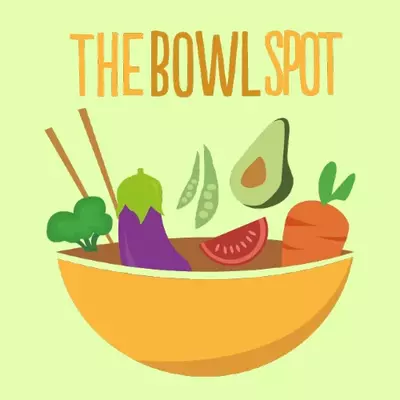Aubergine 茄子
Aubergine
Die Aubergine (IPA: [obɛʁˈʒiːnə][1][2], anhören?/i; Solanum melongena) oder Eierpflanze ist eine subtropische Pflanzenart aus Asien, die zur genus Nachtschatten (Solanum) innerhalb der Familie der Nachtschattengewächse (Solanaceae) gehört. Die Frucht wird auch als Melanzani (korrekt italienisch: Melanzana) bezeichnet.
Von der Aubergine gibt es drei Hauptvarietäten: var. esculentum, „Nees“ mit runden eiförmigen Früchten, var. serpentinum, „L.H.Bailey“ mit langen schlanken Früchten und var. depressum, „L.H.Bailey“ mit besonders kleinen Früchten.[3][4]
Die in Europa bekannteste Form ist Solanum melongena var. esculentum mit ihrer keulenförmigen, dunkelviolett bis schwarz erscheinenden, etwa 20 cm langen Frucht. Andere Formen können aber auch weiß (eierfarbig, daher der Name) oder auch weiß und violett sein. Bei beginnender Überreife treten Verfärbungen zum Braunen und Gelben hin auf und der Glanz der Früchte verschwindet zunehmend. Da insbesondere unreife und junge Früchte der häufig in Europa angebauten, schwarzen, etwa 20 cm langen Aubergine aufgrund ihres Gehaltes an Bitterstoffen and Solanin nicht zum Rohverzehr geeignet sind,[5] werden sie gedünstet, gebraten oder gekocht als Vegetables gegessen. Andere asiatische Formen sind aber teilweise auch im rohen Zustand genießbar.
Auberginen können, wie andere Gemüse auch, geringe Mengen Nikotin enthalten. Die Menge schwankt, je nach Untersuchung, zwischen „nicht nachweisbar“ und 100 Mikrogramm pro Kilogramm Frucht. Gelegentlich wird behauptet, der Nikotingehalt der Aubergine sei besonders hoch. Dieses Gerücht beruht auf einer alten Analyse, die sich inzwischen mehrfach als fehlerhaft erwiesen hat.[6]
Source: Wikipedia
How healthy is the eggplant?
The eggplant is particularly popular in Mediterranean cuisine. It is full of healthy ingredients. It consists of 93% water and is therefore low in calories at 17 kcal per 100 grams. The eggplant contains a high proportion of potassium, which regulates the acid-base balance in our body and is essential for the transmission of nerve impulses. It also contains small amounts of magnesium, calcium, zinc and iron.
Does eggplant help against high blood sugar?
100 grams of eggplant contain 5 grams of vitamin C. Vitamin C has an antioxidant effect, protecting our body cells from the damaging effects of free radicals. It supports the absorption of iron from plant foods in our body. The numerous antioxidants contained in eggplants can help prevent cancer and reduce the risk of heart disease. They also counteract diseases caused by high blood sugar levels. This is because the antioxidant substances act as alpha-glucosidase inhibitors, which lead to a lower and slower rise in blood sugar levels thanks to reduced carbohydrate absorption.
Is eggplant good for losing weight?
The fiber in the eggplant aids our digestion and ensures a long-lasting feeling of satiety, making the low-calorie eggplant ideal for a healthy diet. It also has a low fat and carbohydrate content, making it the perfect low carb food.



